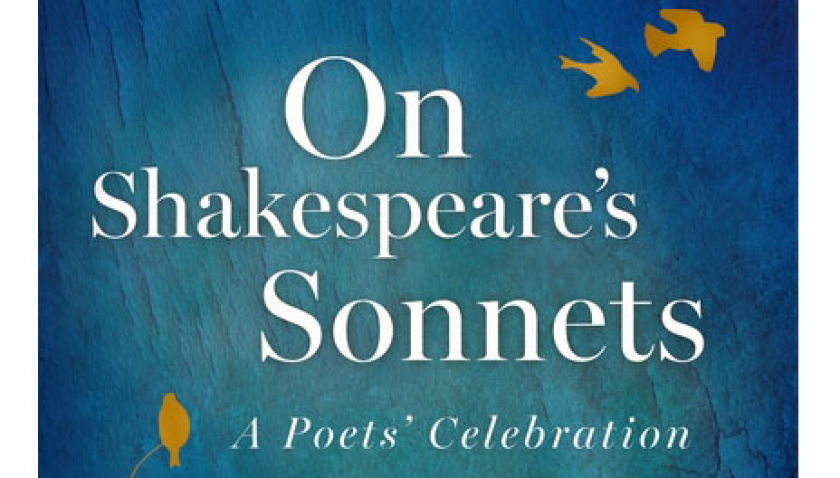AN ENGLISH SONNET=140 SYLLABLES
‘Can we not think of the aim of life as being simply to see?’
John Gray, Straw Dogs
To be is to see –
Eye can never tire
Of the passing show –
Everything a tad worse
Each morning –
scum rising
Visibly – white-hot sun
Blinding eyes with sweat –
Blinkingly you read –
A poet’s retraction
Of satirical verses –
Headlines packed with lies –
Hear the growl of motorbike –
Killer or cop – who knows –
While the perennial masque goes on
For those who’ve made a killing –
To face the tide is folly
But if you’ll join me
Together we’ll take note of things
So long as we can breathe –
So what if one can’t tell
Substance from shadow –
Feeling around’s always been fun –
Call it love
Or what you will
Sonnet 66 - William Shakespeare
Tired with all these, for restful death I cry,
As, to behold desert a beggar born,
And needy nothing trimm'd in jollity,
And purest faith unhappily forsworn,
And guilded honour shamefully misplaced,
And maiden virtue rudely strumpeted,
And right perfection wrongfully disgraced,
And strength by limping sway disabled,
And art made tongue-tied by authority,
And folly doctor-like controlling skill,
And simple truth miscall'd simplicity,
And captive good attending captain ill:
Tired with all these, from these would I be gone,
Save that, to die, I leave my love alone.
Kaiser Haq is a poet, translator and essayist who was educated at the universities of Dhaka and Warwick (PhD). He is a Professor of English, Dhaka University, where he has taught since 1975. He has been a Commonwealth Scholar in the UK and a Senior Fulbright Scholar and Vilas Fellow in the USA.
Haq’s work has appeared in international journals including London Magazine, The Cambridge Review, Chapman, Acumen, Ariel, Wasafiri and World Literature Written in English. He has published five collections of poetry: Starting Lines (Dhaka 1978), A Little Ado (Dhaka 1978), A Happy Farewell (Dhaka: UPL 1994), Black Orchid (London: Aark Arts 1996), The Logopathic Reviewer’s Song (Dhaka: UPL and London: Aark Arts 2002).
He has edited an anthology, Contemporary Indian Poetry (Ohio State University Press 1990) and translated the Selected Poems of Shamsur Rahman (Dhaka: BRAC 1985); a novel by Rabindranath Tagore, Quartet (Heinemann Asian Writers Series, 1993); and an eighteenth century travel narrative, The Wonders of Vilayet (Leeds: Peepal Tree 2002). He is represented in such anthologies as the Arnold Anthology of Postcolonial Literature in English. Recent works include translation of the novel by Nasreen Jahan The Woman Who Flew (Penguin India); the poetry collections: Published in the Streets of Dhaka: collected poems (UPL, Dhaka); Combien de Bouddhas, a bilingual poetry selection with French translators by Olivier Litvine (Editions Caracteres, Paris) and the retold Bengali epic: The Triumph of the Snake Goddess (Harvard University Press).


